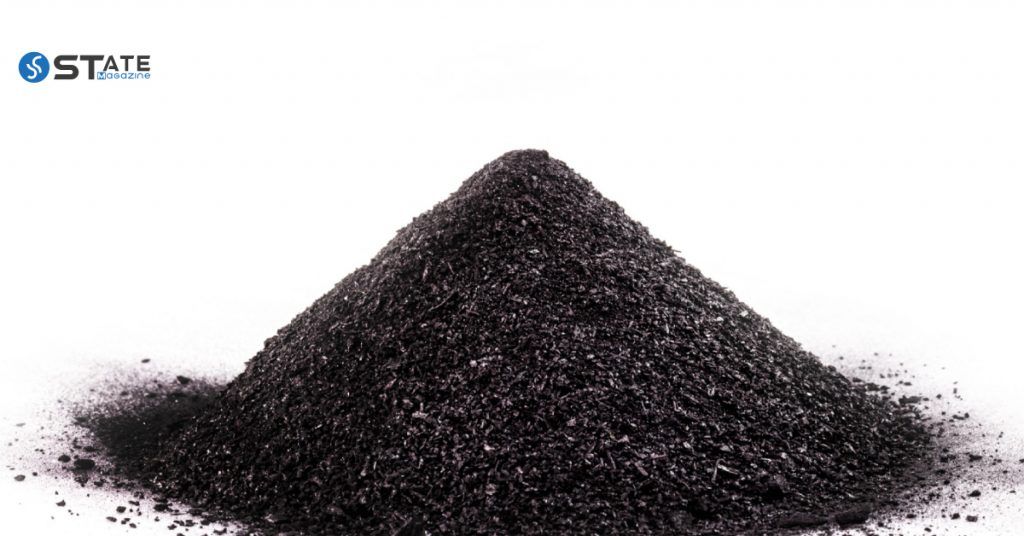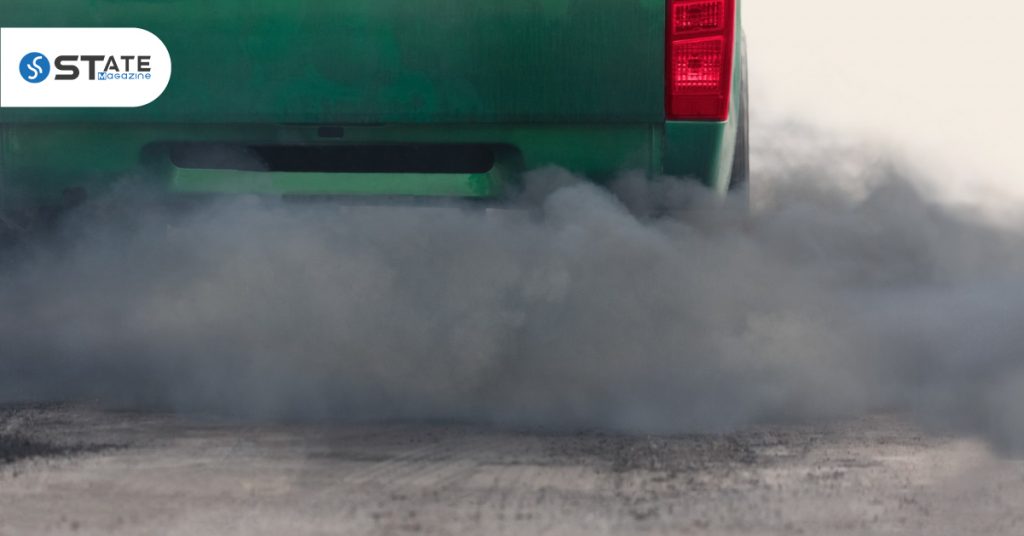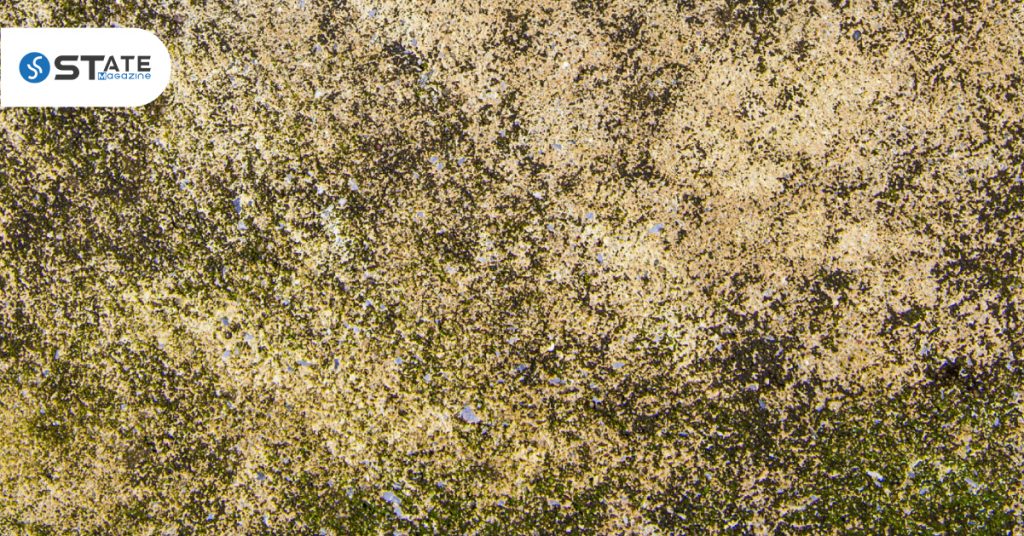Some air conditioning smells are a sign of something burning inside, while the others may be due to mold and mildew. Here’s how you can fix it based on the odor.
There are many possible reasons that your air conditioning smells bad. The first thing you need to do is identify the smell it emits. Depending on this, you can easily identify the cause and then fix it accordingly. However, it is necessary to be aware of burning and sulfur-like odors that might be direct causes of potential fire hazards. Since all forms of terrible odors are not good for health, it is necessary to find the reason and eliminate them as soon as possible.
List of Common AC Smells
Contents
Here are the most common smells that might occur in your air conditioning system and what you need to do to overcome them.
A Burning Odor

If your air conditioner smells like burning plastic, it may indicate an issue with an electrical or mechanical component. Various parts such as the compressor, fan, and electrical wiring are made from different metals and chemical compositions. Hence, exposure to such burning smells for a long time may be harmful.
The possible causes for your air conditioner to smell like burning are overheating of the motor, a broken fan belt, or other electrical issues. If this smell occurs while the AC is operating, turn it off immediately to prevent fire hazards. Then call your technician to check the air conditioner unit before turning it on again.
A Gunpowder Smell

As indicated above, this odor also occurs due to an electrical issue. If it smells like gunpowder, it’s most likely because the circuit board or the fan motor is damaged. However, this can also be equally dangerous, and you need to attend to it and find the cause.
If you turn on your air conditioner after a long time, then there might be this gunpowder smell that usually dissipates after a few minutes. But if it is a problem with the components, the odor will not go away and will keep increasing as you continue using the air conditioner. However, if you are using your AC unit after a very long time, it is better to get a technician to inspect it before you turn it on.
The Smell of Rotten Eggs

If you experience an air conditioner rotten egg smell, it is often due to a natural gas leak. The normal gas is odorless but is added with a special sulfur-like odor to detect it in case of a leak. So this type of smell should not be taken lightly, as a gas leak might lead to a fire. Turn off your house gas supply, open all the doors and windows, evacuate quickly, and call the local fire department authorities. Exposure to gas might lead to insufficient oxygen supply to the blood, causing unconsciousness or even death.
Dead rodents, insects, or other animals stuck in the AC ductwork can create similar unpleasant smells. So check this possibility if your air conditioner discharges any foul odor into the home. Ductless, central air conditioning systems can also get small animals into the indoor unit, resulting in similar situations. You can fix this yourself or get it done by a technician. The most important task is to get your unit pest-proof to avoid any similar occurrences in the future.
A Smell of Exhaust Fumes

If fluids leak from your AC unit, you may smell exhaust fumes even if your systems are not powered by gas. This leak could be in the refrigerant line, with liquid falling on the motor or other heated parts. If you detect any smell of exhaust fumes, turn off the air conditioner and contact your local HVAC contractor to inspect your system to avoid any potential hazards. Improper oil-burning releases toxic gas into the environment and causes air pollution. In addition, inhaling fumes of burning oil can result in health hazards due to its toxic components that deplete the oxygen levels in the blood.
A Paint Thinner or Chemical Aroma

If you smell some chemical aroma, check whether open chemical containers are stored near the air conditioner. Sometimes, these smells might get picked up by the airflow and spread throughout the interior. So make sure to check any available chemical containers before you proceed with checking on this smell.
Sometimes, the reason for your air conditioner giving away a thinner or similar chemical odor might be the AC itself. Since many different fluid types are used within this unit, a leakage or malfunction inside it can be the reason your air conditioner smells like paint thinner. To diagnose this problem, you need to contact your local HVAC professionals.
Another possibility of chemical odor is caused by electrostatic air filters that produce ozone. Some air conditioning units have UV lights installed to irradiate filter surfaces and kill bacteria. Unfortunately, these also produce ozone and give a smell of chlorine. Inhaling of ozone in large quantities is harmful, resulting in chest pains and breathing problems. So if you are not sure whether this is included in your system, you can get it checked by a technician in case of such an odor.
If you’ve done recent ductwork in your home, it could also lead to heavy chemical odors. Since these smells take time to fade, you need to wait for a while to check whether it is the exact cause. For example, you can open the windows, turn on the AC fan and wait for some time. Then, if the problem continues, you may need to get it inspected by a professional.
Another reason for chemical odors could be refrigerant leaks. Freon is the most vital component in the system that helps in cooling. It travels in a closed system with condenser and evaporator coils. Sometimes, these coils may crack and get damaged, leaking the refrigerant. You can identify this from its sweet aroma, mostly similar to the coolant smell in cars. Since this can be toxic, it is necessary to get this checked and repaired by a technician.
Mold or Musty Smell

Since moisture is condensed inside the unit, mold and mildew can build up within the AC unit. As a result, the air conditioner smells musty and causes the whole room to smell bad. Mold gets built up when the moisture is not drained properly and escapes into the airflow and the ducts.
Mold can also form on clogged condensate drain lines. So it is necessary to check your AC units for mold formation and get them cleaned. Another possible cause for this smell is the filters being dirty. If the climate is hot with humidity and turning on the AC after a long time, moisture would accumulate in the filter, which should also be cleaned to remove the smell.
If you have no adequate knowledge about the system, you need to get a technician to do it for you. They will check the condensate lines and the air ducts for any mildew formation. Although mold is not a serious problem compared to other technical faults, having mold in the cooling system can harm your health. In addition, poor quality of indoor air with mold causes respiratory infections. So it is better to get this solved as soon as you find that your air conditioner smells musty.
Frequently Asked Questions

Why does my AC smell like chemicals?
If your air conditioning smells like chemicals, it is a sign of a refrigerant leak or mold. It can also be due to household chemicals getting drawn into the air handler.
Why does my air conditioner smell like dirty socks?
The Dirty Sock Syndrome refers to the emission of a foul, mildew-like odor from the air conditioner when it is first turned on. This happens when moisture, dust, and dirt build-up on the evaporator coil, increasing bacteria and mold.
Is it normal for the air conditioner to smell?
It is common for an AC to smell like dust, and that’s considered completely normal. This is because dust will accumulate in the system, and the AC needs to burn everything off if it is turned on after a long time. But if it smells strange even after a few days, then you need to contact your HVAC technician to get it checked.
How do I control the smell from my air conditioner?
Turn off the power supply to the air conditioner before starting any troubleshooting. Change the air filters every 60 days, and if there are pets and residents have allergies, this needs to be done every 30 days. After the filter replacement, you can clean the evaporator coils with a coil cleaner. You can then clean the condensate line that you will find near the unit outside. Finally, there might be discolored water draining that you need to flush with a bleach solution.
Conclusion
When troubleshooting the smells, don’t forget to check other possible causes such as strange sounds, water, and liquid leaks from your air conditioner. Different air conditioning smells indicate the need for cleaning and servicing. Sometimes, burning and gas odors may occur, which indicate serious situations that should be attended to as soon as possible. You can fix the minor issues yourself or get them inspected by a technician for other odors.
If you plan to purchase a new air conditioner, here are some quietest wall air conditioners that you would find useful. Not only from your air conditioner, but sometimes your household appliances can also smell bad due to various reasons. For example, here’s how you can fix the problem if your dishwasher smells like eggs.

